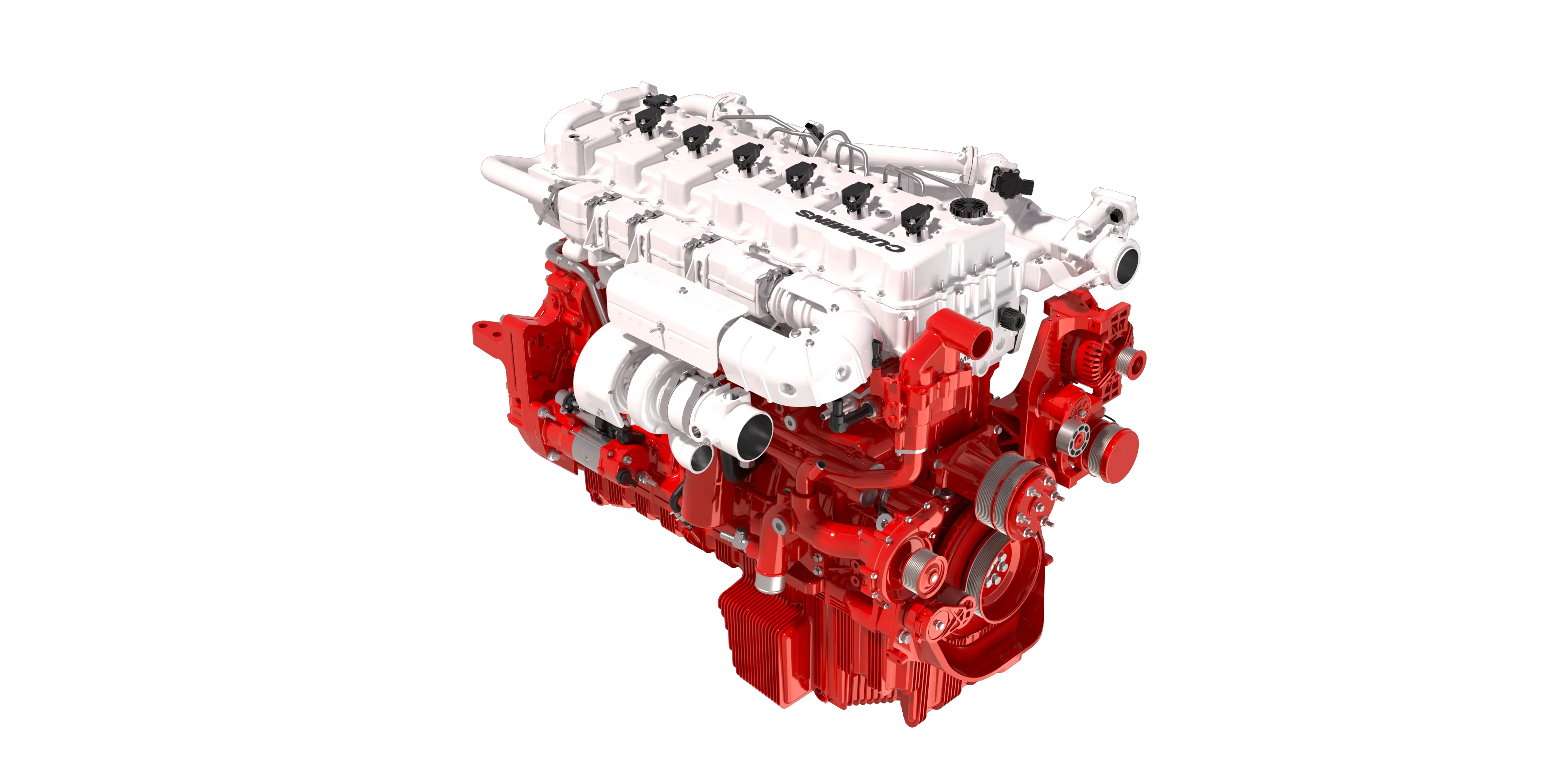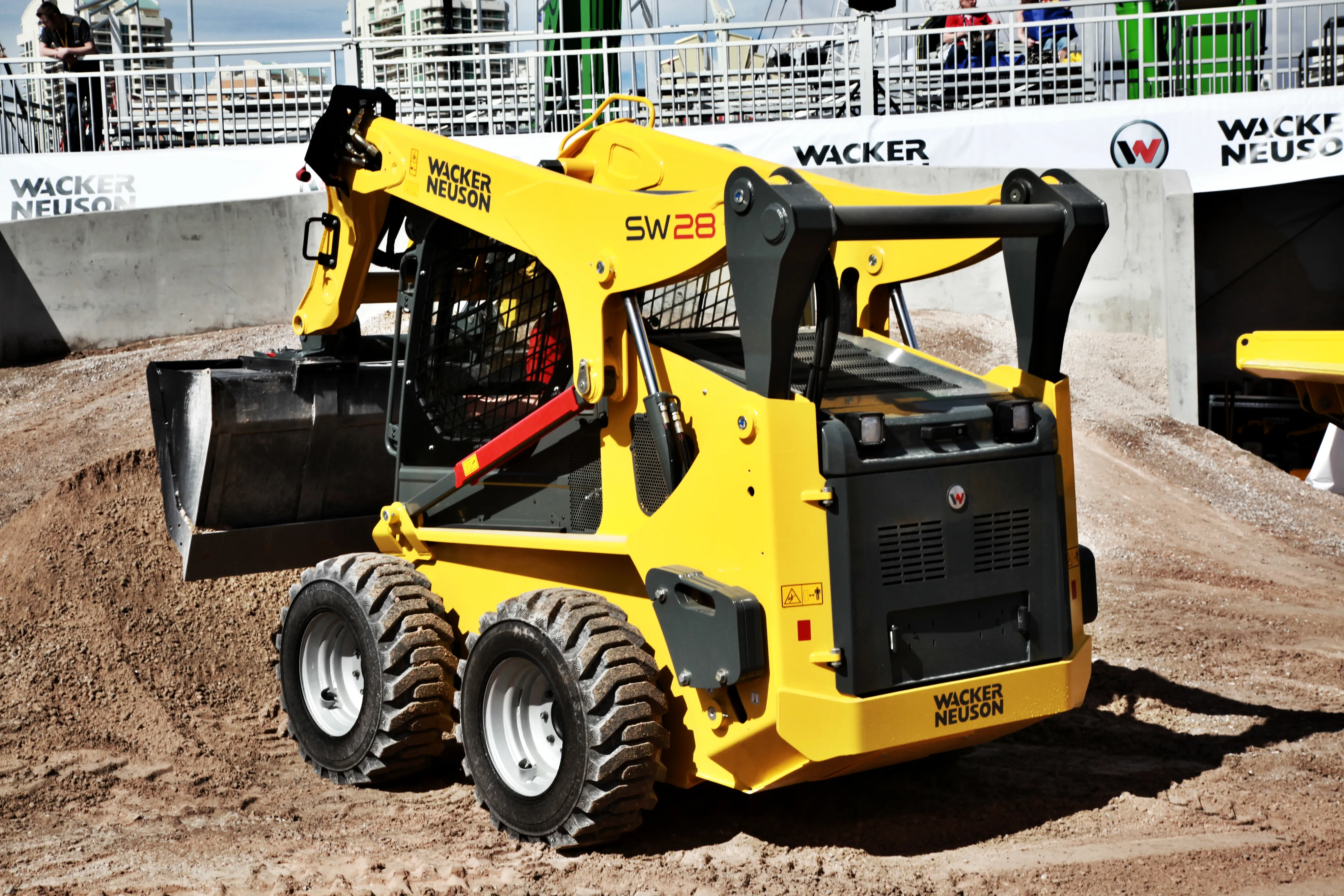Deutz is set to increase its presence in Asia in a bid to achieve greater overall company growth despite the ongoing tough global economic climate. The German diesel engine manufacturer says its plans to create a joint venture in China with Volvo are “making headway”. The firm also says its recently established joint venture with Shandong Changlin Machinery Group in Linyi, in the eastern Chinese province of Shandong, is “rapidly gaining momentum”.
August 13, 2012
Read time: 2 mins
The German diesel engine manufacturer says its plans to create a joint venture in China with
Deutz believes its commercial success in 2012 will be affected by weaker customer demand due to the slowdown of the world’s economy. The firm sold 93,853 engines in the first six months of 2012, down 12.4% on the same period of last year. At €344.1 million, Deutz Q2 2012 revenue rose slightly compared to the €336.9 million achieved in Q1 2012. Meanwhile, operating profit came to €11.3 million in Q2 2012, which was €1 million higher than in the first three months of the year. The second-quarter earnings were said by Deutz to be reduced by around €5 million owing to “one-off items” in connection with the replacement of the company's previous funding facility, as well as impairment losses and higher start-up costs of joint ventures.
Speaking about the company’s Asian expansion plans and performance targets, Dr Helmut Leube, chairman of Deutz’s management board, said: “In the first half of 2012 we were unable to build on our impressive start to the year. This was largely due to the macroeconomic situation, which is still afflicted by considerable uncertainty. Nonetheless, we are confident that Deutz is well positioned for the future and will continue to grow profitably over the medium to long term. Our new joint venture in Shandong is rapidly gaining momentum and should soon enable us to achieve our ambitious goals in Asia. Our plans to set up a joint venture in China with Volvo are also making good headway. In addition, we have opened new service centres in Moscow and Madrid in order to expand our service-related business."







